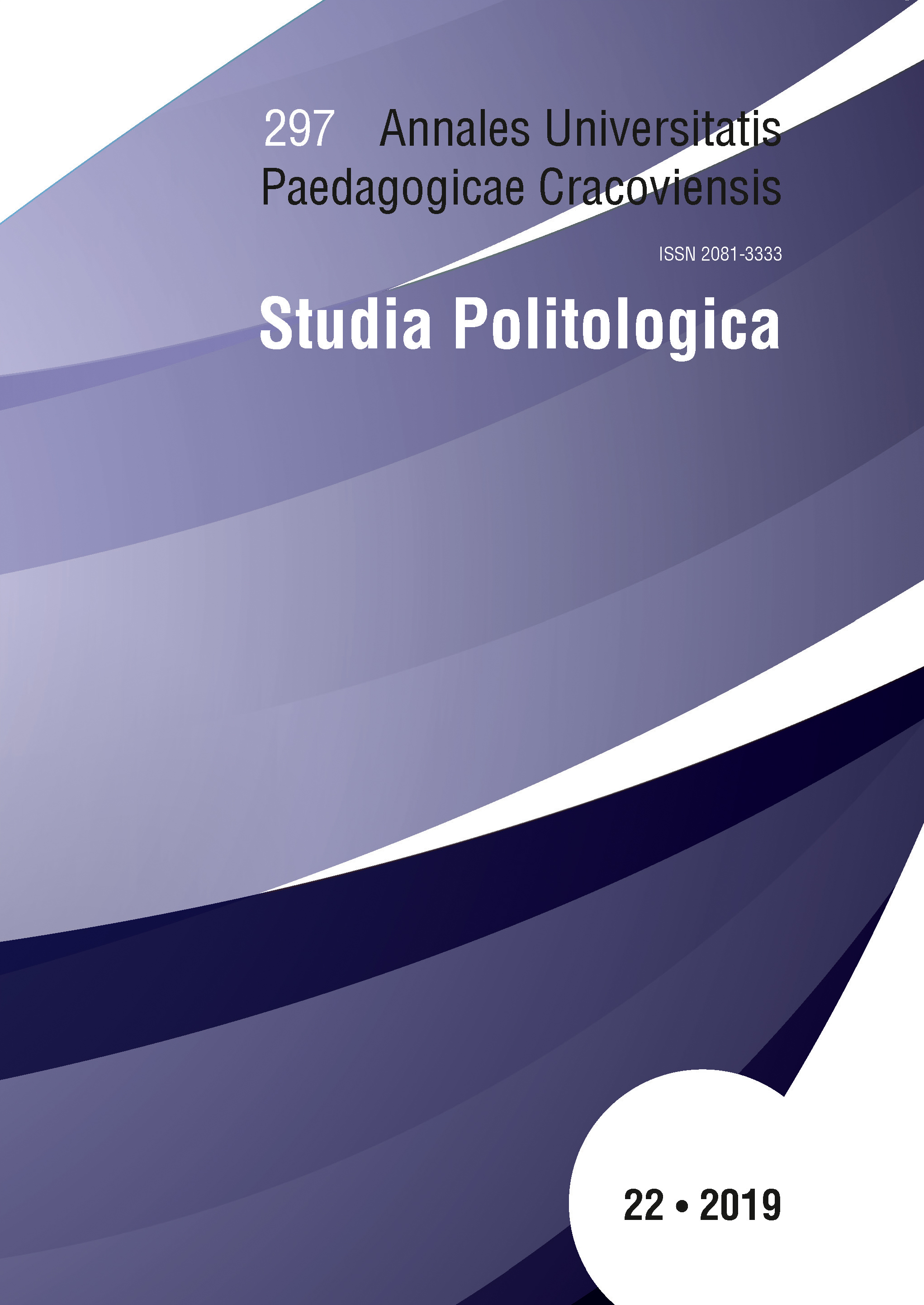European networks of cultural cooperation: changing the political paradigm?
Abstract
The article attempts to answer the question on the role of social and cultural networks of international cooperation in contemporary Europe. The processes of European integration facilitated the creation of networking relations between cultural organs in various member states. The four freedoms of a single market (the free movement of people, goods, services and capital) supported the internationalization and Europeization of public sectors, shaped the cultural exchange and built a European civil society. At least since the 1970s, the European Economic Community/European Union led the policy of encouraging cultural operators to network and assigned European funds to support this goal. At this moment, we deal with nurtured and lasting forms of international cooperation between public entities in Europe. The civil society is also gaining more power. Because of the noticed re-nationalization or the trendy concept of returning to the “Europe of homelands” and countries closing themselves because of economic and political particularities, several research questions are bound to arise. The most crucial one regards the depletion of the apolitical paradigm of civil activities and its possible - unintentional yet inescapable - politicization of the so-called third sector.Downloads
Issue
Section
Scientific paper
License
Redakcja przyjmuje do druku teksty oryginalne, wcześniej niepublikowane. Treść czasopisma jest dostępna na licencji Creative Commons (CC-BY-NC-ND 3.0 PL)
Licencja ta zezwala na wykorzystanie materiałów opublikowanych w czasopiśmie w celach niekomercyjnych np. komentarza, krytyki, informacji, archiwizacji, nauczania lub prowadzenia badań, z poszanowaniem aktualnie obowiązującego prawa autorskiego (ustawa z dnia 4 lutego 1994 r. o prawie autorskim i prawach pokrewnych Dz.U. 1994 nr 24 poz. 83 z poźn. zm.). Zgodnie z wymogami licencji, konieczne jest dokładne podanie źródła cytowania lub parafrazowania oraz zachowanie tekstu w oryginalnej postaci (zakaz tworzenia utworów zależnych).

